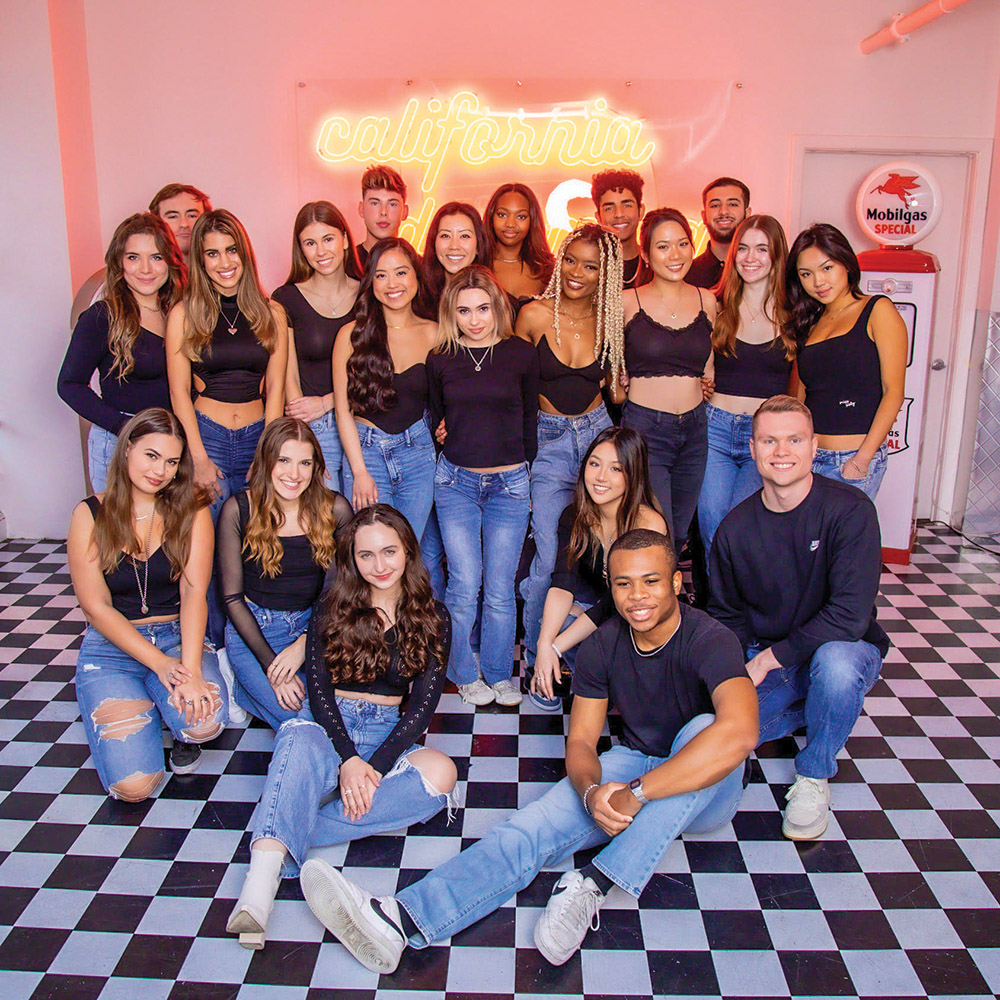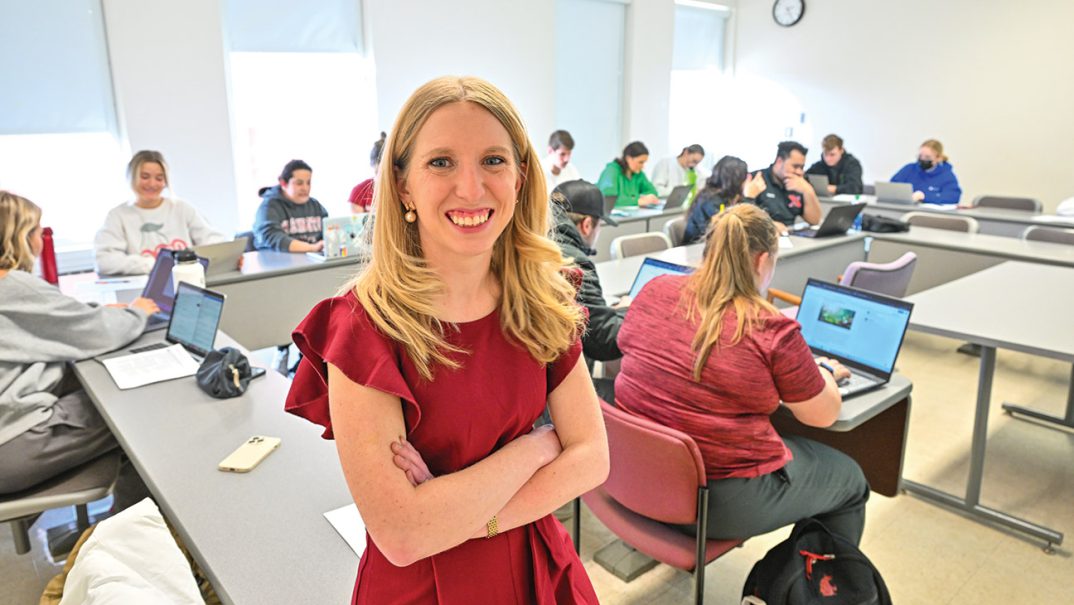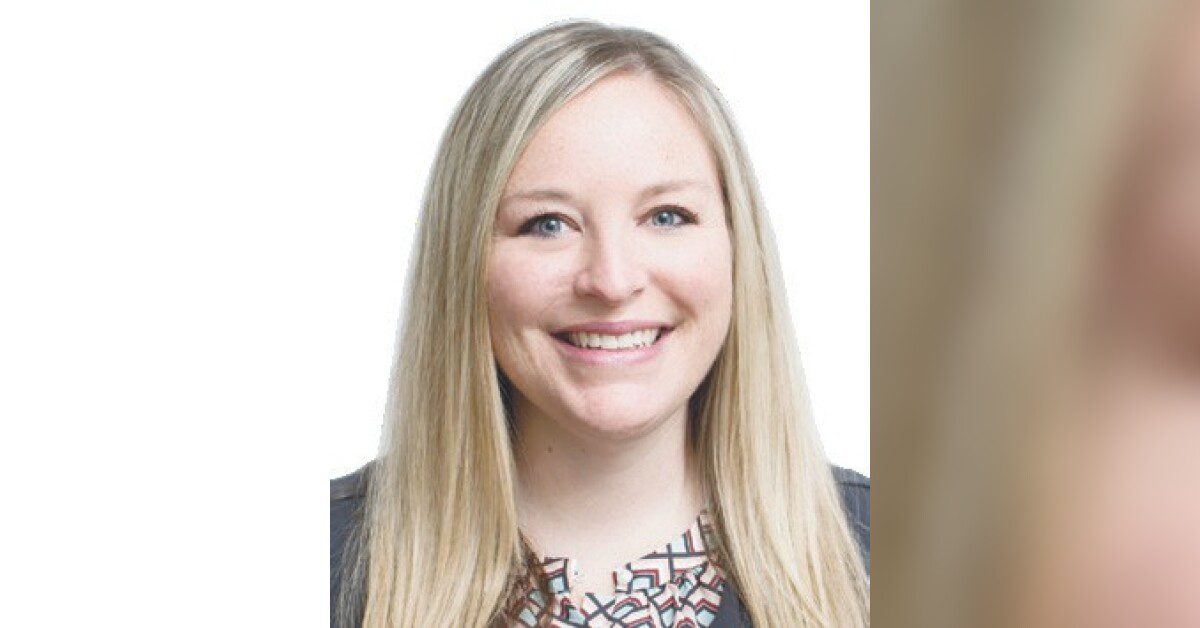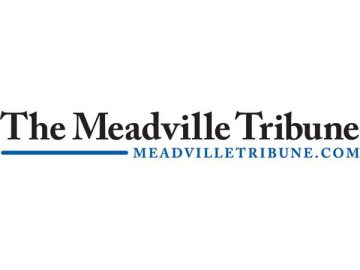Influencing is serious business. The creator economy is valued at an estimated $250 billion, and this figure is projected to double in the next few years. It also has become one of the most sought-after occupations for young people and beyond. More than half of Gen Z aspires to become influencers, and 54 percent of Americans ages 18 to 60 have stated they would quit their jobs if they could make a living as a full-time influencer.
Given the growing demand, higher education institutions are stepping up, from high-profile guest lecturers — e.g., MrBeast sharing the workings of his business empire with Harvard Business School students — to a more comprehensive approach. Universities from Penn State to Duke and UCLA to the University of Alabama are introducing courses, clubs and entire degree programs dedicated to the art and business of content creation.
The following programs, selected after talking to multiple educators, cater to both students who want to work with creators and those who aspire to become creators themselves.
-
Cornell University
“I’ve been studying digital content creation for more than a decade, but the topic has only recently become legible to a wider academic audience,” says professor Brooke Erin Duffy — author, member of the newly launched Content Creator Scholars Network, and teacher of Cornell’s Platforms, Power, and Precarity in the Creator Economy, a seminar in the Communication graduate program. Group discussions revolve around recent research in information science, algorithms, audience intimacy, inequality, career risks and labor resistance.
-
Edward R. Murrow College of Communication at Washington State University
Personal Branding for Athletes, Influencers and Creators stemmed from professor Cara Hawkins-Jedlicka’s research on women’s sport communication: “I noticed that the athletes I was studying did not know how to navigate the NIL space and could take lessons from content creators.” Offered as part of a Strategic Communication major since fall 2023, the course has been full every semester. A six-week summer version is also taught online. Students range from athletes and aspiring creators to people who want to study the business side.
-
Jacksonville State University
Creator economy topics are incorporated as sub-sections and assignments across the board for JSU communications majors, as part of such courses as mass communication, podcasting, entertainment and media, multimedia design and, of course, social media strategy. For these assignments, students design, produce and edit content. “This is a major part of our industry focus currently, and will only intensify moving forward,” says Professor Kate Stewart, adding that even if students don’t want to be content creators, they’ll likely have to work with these tastemakers to build campaign strategies, put together contracts, negotiate collaborations and work with agents.
-
Mississippi State University
Launching this fall, The Kosir Code is an online course on how to build a large social following and become a successful, paid creator as taught by TV meteorologist Nick Kosir. “I’ve become well known on social media as the Dancing Weatherman with 14 million followers across TikTok, Instagram, Facebook and YouTube,” Kosir says, explaining that he was contacted after an MSU administrator came across his Instagram. He adds that his experiences have “helped me with training interns at Fox Weather, so I think that will translate to students as well.”
-
Pennsylvania State University

Image Credit: Jesse Simmons PhotographyThe school hosts a social media/content creator summer camp for high schoolers; a creator accelerator Digital Test Lab; is home to a chapter of the student creator group Reach; and has a 1-credit online course, COMM 210: Independent Content Creation. Also, professor Bill Zimmerman has written a new textbook for his digital PR course: Understanding the Creator Economy: Making Digital Media Work for You features contributions from experts such as Snapchat’s Brooke Berry and YouTuber Marissa Hill.
-
Salem State University
Influencer Marketing is a new elective for media and communication majors, run by professor Rebecca Hains, a micro-influencer herself. Upon completion, students are expected to be able to evaluate influencers’ effectiveness at producing content for brand partnerships and to harness social media trends to support brands’ goals. When TikToker Dalton Daltoff was a Salem student, the course didn’t exist: “Had I known as much as I do now, I could have broken through a bit faster.”
-
Southern New Hampshire University
SNHU’s “Social Media Marketing Campaigns” course focuses on creating, promoting and measuring content to meet marketing objectives. “I’ve had two students that were already well-established influencers,” says senior associate dean Jessica Rogers. “It made for great conversation in class; exciting and encouraging for others.” The feedback on the course, which mirrors real-world deliverables, has been that it’s one of the school’s most effective strategies for success, says Rogers, who adds that in an increasingly competitive marketplace, students are best served when they engage with coursework that reflects the practical challenges they will face in their professional careers.
-
Texas Christian University
In Social Media, students are presented with key concepts, from audience analysis to social media listening. One assignment requires creating influencers using AI tools and pitching them to hypothetical clients, resulting in virtual influencers for Whole Foods, Walmart, Home Depot, Tito’s Vodka and the university itself. “Virtual influencers are popping up everywhere. They are easy to create, free to partner with, do not get in trouble and, most importantly, people follow them,” explains professor Guy Golan of the assignment.
-
Tulane University School of Professional Advancement
This Professional Advancement Media + Design degreed program offers online courses in strategy, storytelling and utilizing a studio. The cutting-edge curriculum leans into experts: Influencer Strategy was designed by adjunct faculty D’Anthony Jackson, who leads social strategy at Ogilvy in New York. Sample topic: how brands can reach audiences by leveraging influencers’ social footprint.
-
University of Alabama
The university’s sorority recruitment process may have gone viral on TikTok, but Bama Rush isn’t the school’s only connection to creator culture. Professor Jessica Maddox teaches Social Media & Society and Social Media Storytelling, with the latter having students make “day in the life” vlogs, YouTube video essays and 30-minute product promotion livestreams for TikTok, IG and YouTube. Ethics and algorithms also are discussed.
-
UCLA Extension
Personal Branding and Becoming an Influencer is designed to equip students with the necessary tools for navigating a career, from establishing a personal brand to developing expertise to expanding through brand partnerships and beyond. Assignments include creating media kits and producing videos to pitch themselves to brands. Alum and AR effects creator Emma Sofija says the course’s guest lecturers and digital-trend coverage helped her find her place within the creator space: “My real passion has always been in digital creativity and innovation.”
-
University of Central Florida
UCF’s “Social Media as Mass Communication” is an online elective course for communication majors in the Nicholson School of Communication and Media. It also caters to the growing demand for B2B influencers — who are actively hired by 75 percent of B2B marketers. A major focus of the course requires building and improving upon their own LinkedIn profiles, a platform that has seen an explosion in B2B influencer marketing. The class also requires a team-based project that includes a SWOT analysis (weighing its strengths, weaknesses, opportunities, and threats), and creating a target persona and video for a nonprofit organization. “The course frequently has a large waitlist and is very popular,” observes senior lecturer Christine Hanlon, PhD, noting that there are up to 120 students per section.
-
University of Illinois Chicago
Digital Influencers is an elective course run through the department of communication that covers three aspects of the influencer industry: analyzing empirical research published by scholars studying creator culture, applying practical content creation skills and learning how to work with influencers as a marketer, advertiser or talent manager. This well-rounded approach encourages aspiring creators to think critically and more broadly about the influencer economy . The course was implemented in spring 2022 and has been offered every semester since then.
-
USC
USC has been leading the charge, with its student-driven content creator club Reach launching in 2017. In 2019, the school offered Influencer Relations, a first-of-its-kind course for both grads and undergrads who want to understand the influencer ecosystem. “It is a broad and comprehensive course,” professor Robert Kozinets has said. “It takes a look at influencers as a social phenomenon as well as a business feature of the economy today.”
-
University of Texas at San Antonio
This fall, UTSA introduces a new B.A. in Digital Media Influence, which teaches aspiring creators to strategically create and distribute content while focusing on the psychology of media and how to persuade audiences to take action. The online program aims to help students learn how to become media influencers while gaining transferable soft skills — communication, critical thinking and teamwork — that can help them succeed in less ephemeral industries.
-
Club Web: Collegial Networking for Creators
Reach Club, started at USC in 2017, has expanded to more than 75 universities nationwide, including UCLA and UPenn. Students have mingled with speakers from Google, Disney, Twitter, TikTok, Meta and more. “Our organization provides a competitive edge for our members,” says CEO Dylan Huey. … University of Louisville’s The Bird’s Nest is a student-led, full-service influencer marketing agency that works with clients like Kentucky Derby, where Alex Cooper and Alix Earle hosted an activation. … Launched in 2023, Duke Creator Lab aims to cultivate a collaborative, innovative community, with mentors and cutting-edge tech to help students “become advanced social media content creators. My goal is to put Duke on the map,” professor Aaron Dinin has said.
This story appeared in the Oct. 9 issue of The Hollywood Reporter magazine. Click here to subscribe.



